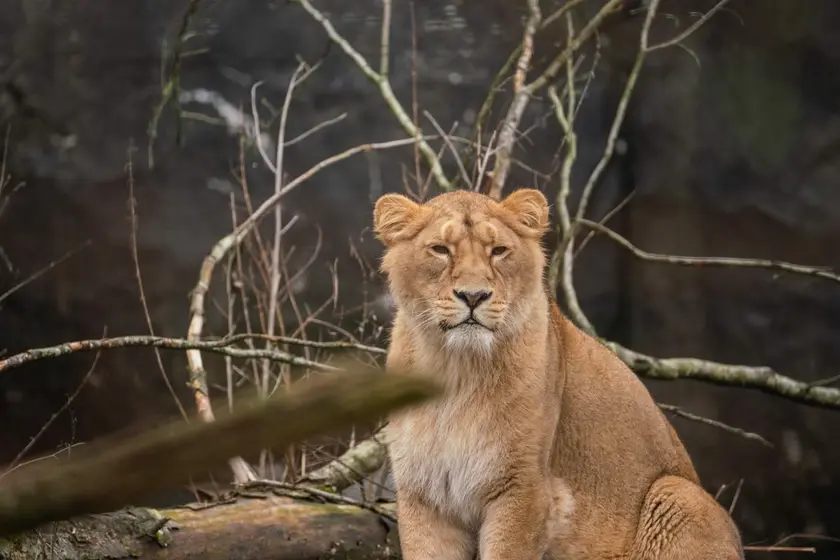T4K3.news
Aalborg Zoo faces backlash over feeding donated animals to lions
A Danish zoo asked for animals to be euthanized and fed to predators, drawing sharp criticism and global attention.
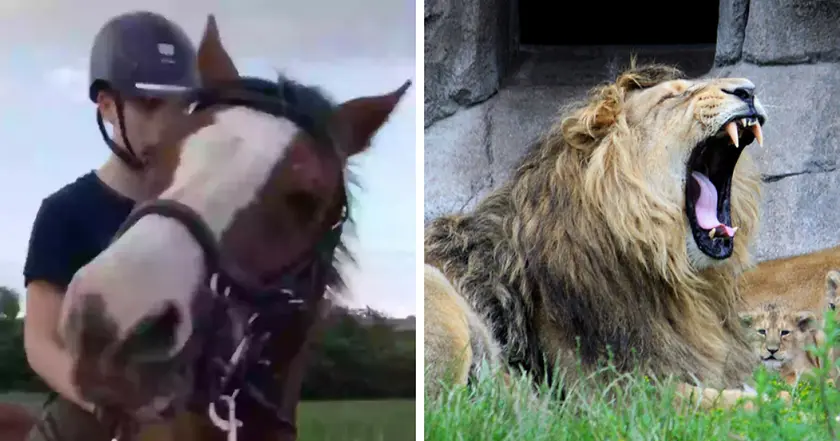
A Danish zoo’s call for donated animals to be euthanized and fed to predators has sparked a global debate on welfare and the ethics of how zoos dispose of large animals.
Aalborg Zoo Faces Backlash Over Feeding Donated Animals to Lions
In northern Denmark, Aalborg Zoo posted a request for animal donations to euthanize and feed to predators such as lions and tigers, saying whole prey is needed for enrichment and welfare. The post noted it accepts small animals but not cats or dogs, and it quickly drew sharp comments on social media. The zoo later closed its comments section as backlash grew, and reports emerged about people who have used the service in the past.
The zoo defended the practice by citing benefits to carnivores, including dental health, and framed it as a way to avoid waste and give the animal a meaningful farewell. The Times highlighted a case where a 13-year-old girl chose the option for her horse because of a belief in the circle of life, a story that intensified public interest. Other zoos in Europe have faced similar scrutiny after announcing culls or feeding some animals to predators, underscoring a broader debate about welfare, ethics, and the role of captivity in conservation.
Key Takeaways
"I gave Angelina the various options and she chose the one with the zoo, because it made the most sense."
Explanation of the daughter’s choice by Pernille Sohl
"Predators need whole prey including fur, bones and organs as it contributes to both enrichment, nutrition and wellbeing."
Zoo justification for whole-animal feeding
"By allowing necessary kills to become part of the food chain, we avoid waste and instead create a meaningful farewell where the animal can benefit both the predators in the garden and nature."
Zoo policy explanation
"She had previously watched one of my horses being taken away by the vet to be euthanised, and it was a bad experience for her."
Sohl recounts her daughter’s experience
The episode spotlights a clash between traditional animal-management practices and modern expectations of welfare and transparency. Proponents argue that whole-prey feeding supports health and enrichment for predators, while critics see it as difficult to square with humane treatment of animals and public values. The daughter’s participation adds a personal, human angle to the policy debate, revealing how family beliefs and emotions can shape institutional choices. As social media amplifies every policy decision, zoos face increased pressure to justify methods publicly and to align them with evolving standards of care and accountability.
Moving forward, this incident could push zoos toward clearer welfare guidelines, independent oversight, and more open dialogue about disposal options. It also raises questions about the balance between conservation goals, visitor experience, and the ethics of sourcing and using large animals for predator health and education. What matters most is transparent standards that the public can trust and that genuinely reflect animal welfare.
Highlights
- Humane care means clarity, not controversy.
- Trust in zoos hinges on open welfare standards.
- A child's voice can shape policy more than a press release.
- Ethics travel faster than policy in a digital age.
Backlash risks for zoo finances and reputation
The practice has drawn global criticism from animal rights groups and the public, risking donor support, tourism, and regulatory scrutiny. The debate highlights sensitivity around animal welfare and ethics that could influence policy decisions at zoos.
Clear welfare standards and ongoing dialogue will determine the future of practices like this.
Enjoyed this? Let your friends know!
Related News
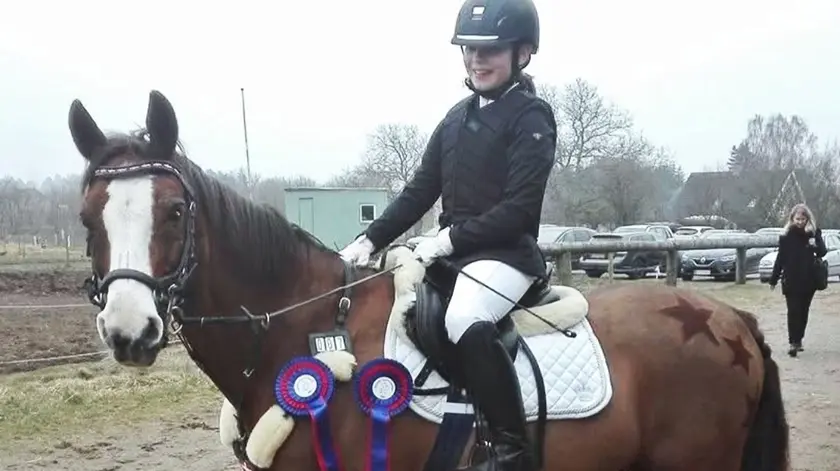
Pet donations at Aalborg Zoo trigger backlash
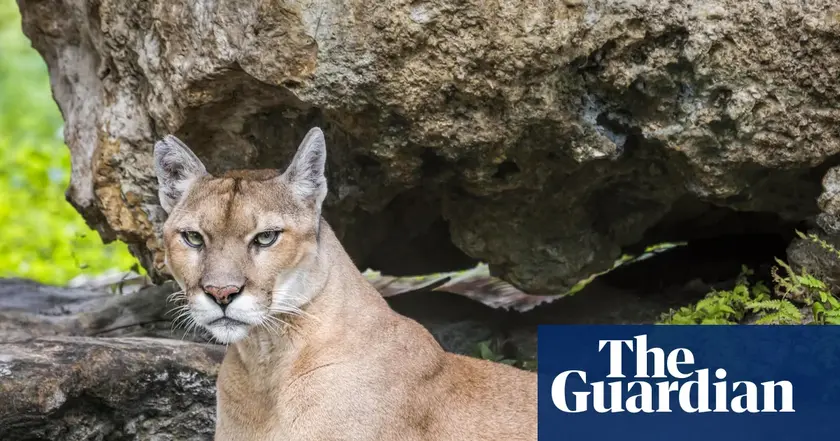
Aalborg Zoo feeds debate on pets and predators
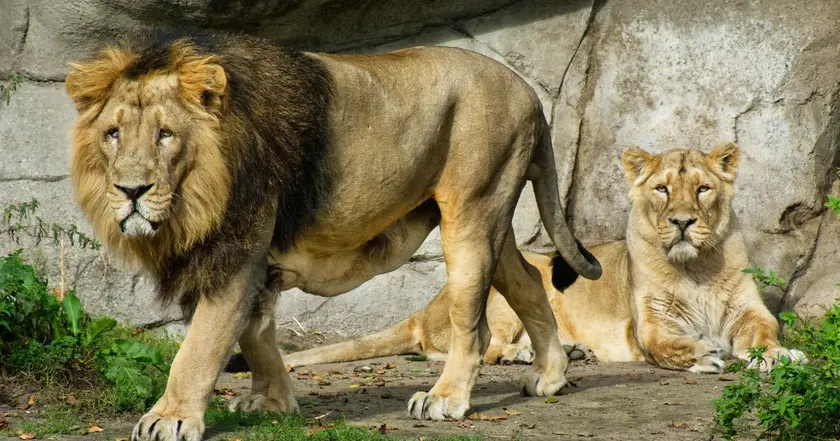
Denmark zoo asks for unwanted pets as animal feed
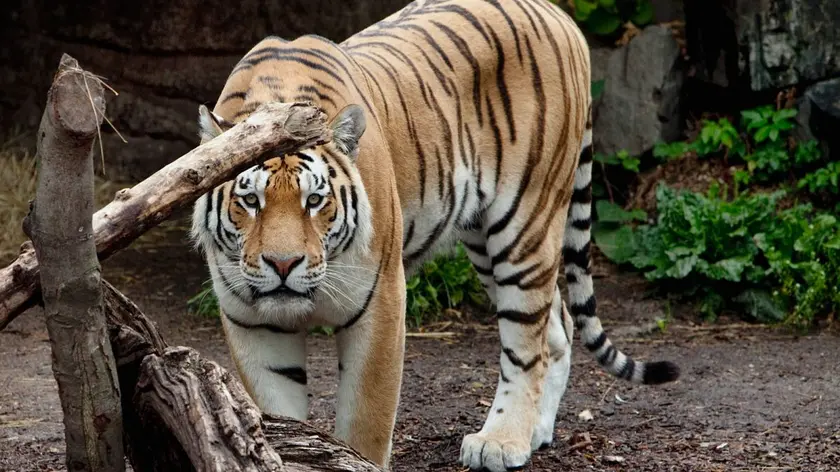
Danish zoo requests donations of small animals for predators
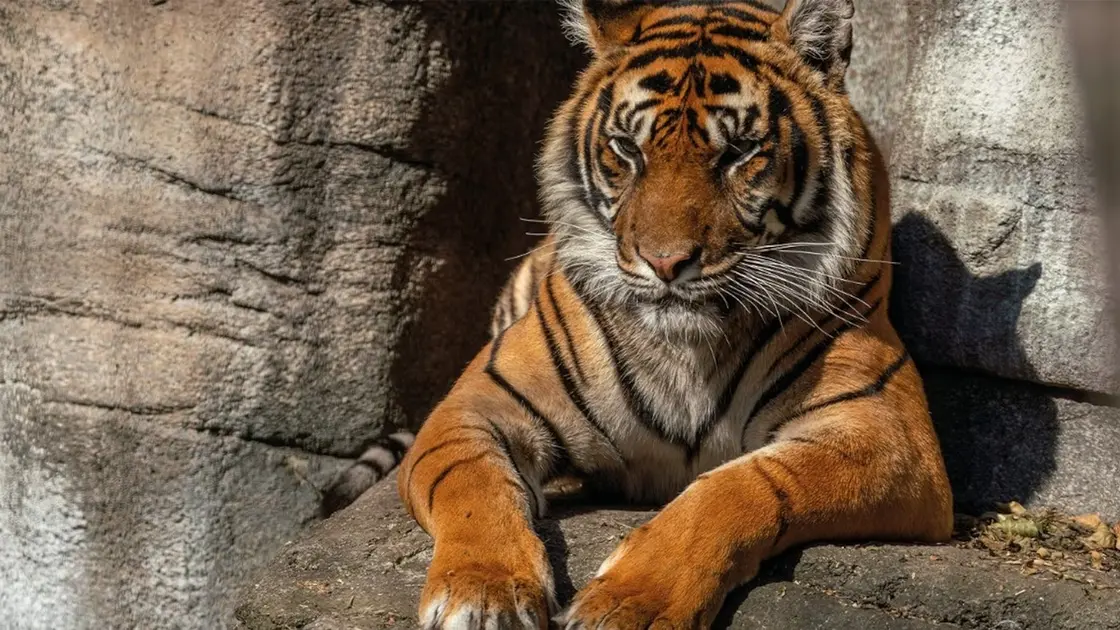
Denmark zoo asks for pet donations for predators
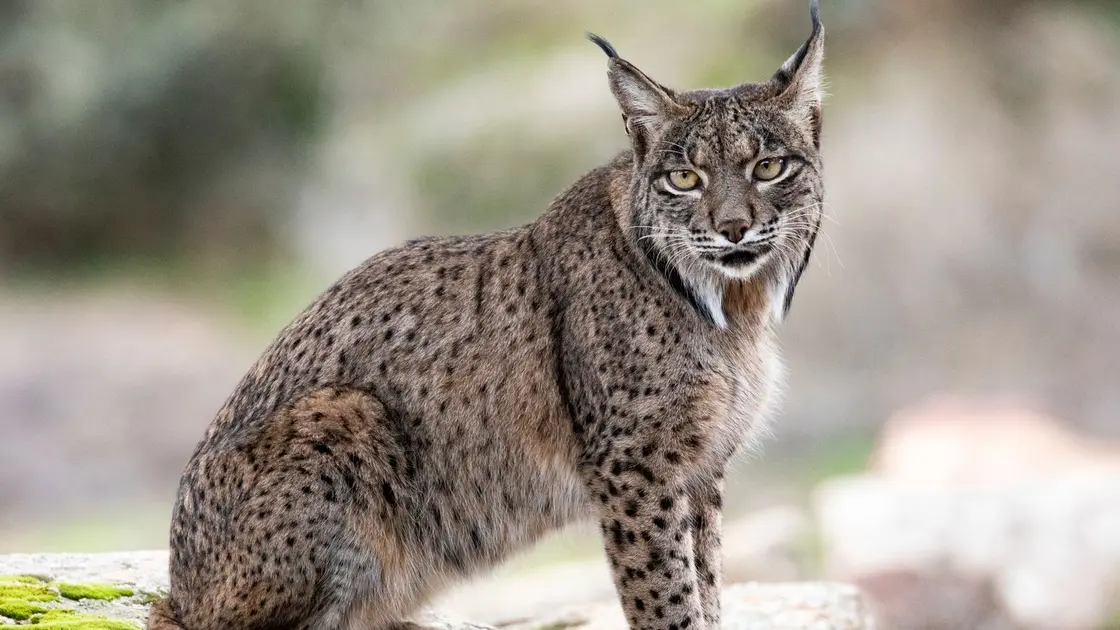
Denmark zoo requests donations of unwanted pets as food
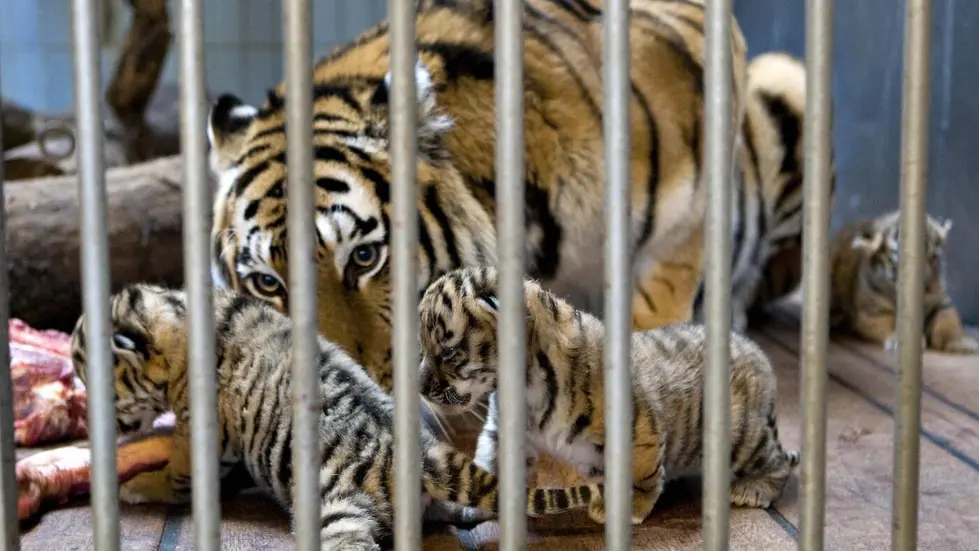
Denmark zoo stirs controversy with pet donation request
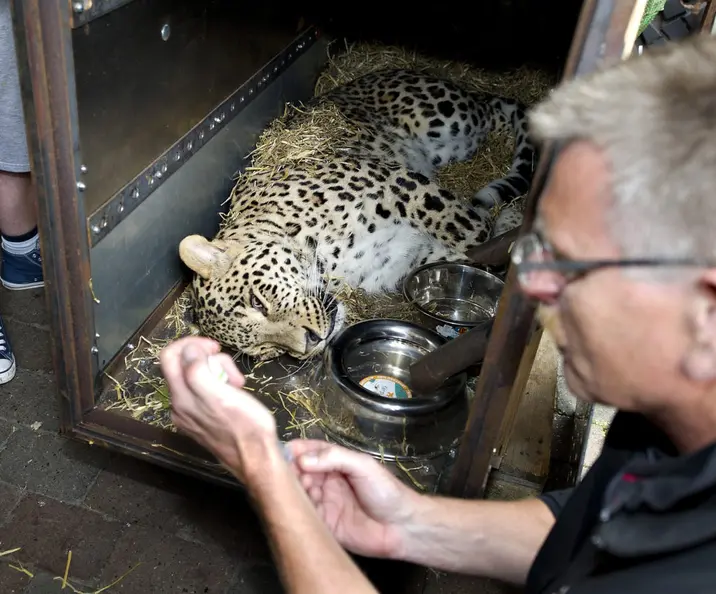
Denmark zoo asks for small pets as predator food
